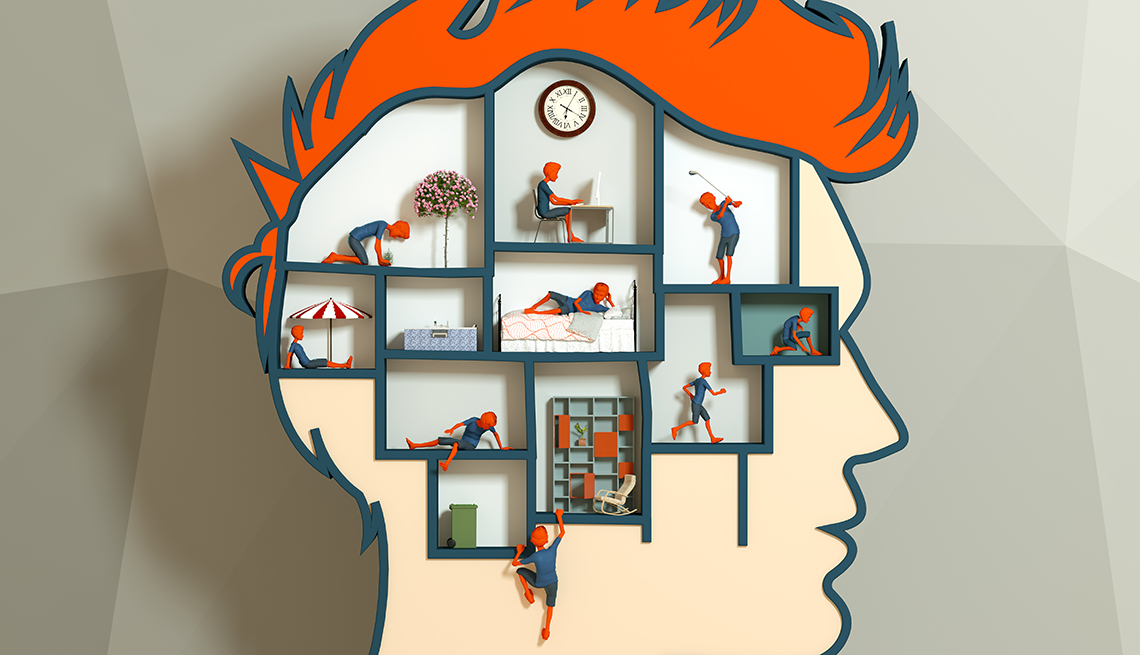
- Select a language for the TTS:
- UK English Female
- UK English Male
- US English Female
- US English Male
- Australian Female
- Australian Male
- Language selected: (auto detect) - EN
Play all audios:
As tempting as it may be to shoot for the stars, even motivated individuals are less likely to attempt a change if they think they can’t achieve it or that it won’t work, the GCBH report
explains. Attainable goals, however, can build confidence and momentum. So set your sights on something that’s manageable and “find ways to really incorporate that into your day to day
life,” Rebok says. FIND SOMETHING THAT IS ENJOYABLE FOR YOU. It helps if your goal is less chore-like and, instead, is built around something you enjoy, says Ayelet Fishbach, a professor of
behavioral science and marketing at the University of Chicago’s Booth School of Business and the author of _Get It Done: Surprising Lessons From the Science of Motivation_. The reason: “If
you pick something that’s not enjoyable, you’re not going to stay with it,” Rebok adds. For example, if you want to exercise more but don’t enjoy going to a gym, explore dancing or walking
with friends. Yoga and tai chi also pack brain-boosting benefits. Want to learn a new skill to challenge your brain? No need for complicated math problems (unless you find them fun);
learning how to cook or mastering a musical instrument counts. So does volunteering. “There’s this misconception that we have to do something complicated,” Rebok says. While it’s important
to challenge yourself to some degree, “a lot of times very simple interventions make a big difference.” TAKE A STEP-BY-STEP APPROACH. Start slow and keep track of your progress. As things
become easier, “keep challenging yourself, keep trying to improve,” Rebok says. And don’t forget to celebrate your accomplishments along the way. Recognizing even small achievements can help
cement your commitment, especially in the beginning stages. CONSIDER REPURPOSING SOME OF YOUR FREE TIME. Not everyone is flush with free time, but many Americans have hours of it each day,
and much of it is spent in front of screens. So swap a sedentary behavior for a healthier one, the GCBH suggests. Instead of scrolling social media, use that time to socialize with friends.
Listening to a book or a podcast while you exercise will keep you entertained and active. ANTICIPATE OBSTACLES. Another key part of behavior-change success is anticipating obstacles. “When
you make a plan to do something, think about what might be in your way,” says Fishbach, who helped to formulate behavior change recommendations in the GCBH report. “We find that when people
prepare for an obstacle, it’s like preparing to lift something that’s heavy — your body is actually physically and mentally getting ready to lift this heavy thing.”








